Understanding Total Dissolved Solids In Your Water

What are Total Dissolved Solids?
When most of us think of the water we drink on a day-to-day basis, we imagine a clean and pure substance that helps fuel our bodies. As such, when we introduce the idea of other dissolved substances in the water, it is natural to associate this with the water becoming dirty or unsafe. However, this is not always the case.
Low TDS
High TDS
In fact, most of the water we drink daily actually contains some level of Total Dissolved Solids (TDS). The World Health Organization describes TDS as “the inorganic salts and small amounts of organic matter present in solution in water.” Ultimately, the quality of your water should not be judged by the presence of TDS, but rather the type of TDS that is present.
How Do Total Dissolved Solids Impact Your Health?
Total Dissolved Solids can refer to many different things, such as salts, minerals, chemicals, and contaminants. These can be split up into two groups: those that are beneficial and those that are harmful. For obvious reasons, dissolved solids like lead and chlorine should be avoided, as they fall into the harmful category.
Lead can enter the water through corroded water pipes and can have negative effects when ingested, especially for infants and young children.
Chlorine is a chemical disinfectant that protects against water borne illnesses. Cities and municipalities add chlorine to the water supply in order to make it safe for drinking, however, chlorine exposure damages gut flora and may increase the risk of developing cancer.
There are many filters on the market that strive to eliminate all total dissolved solids in drinking water, these are often known as “zero” water filters. They eliminate lead, chlorine, and mercury, yet they often leave your water void of any beneficial minerals like calcium and magnesium.
Beneficial dissolved solids such as calcium and magnesium can increase the hardness of drinking water and may improve health outcomes. The World Health Organization purports that the presence of TDS in drinking water is inversely related to health outcomes like cardiovascular disease and cancer.
As such, “zero” water may not be as beneficial as many perceive it to be. In fact, other studies indicate that drinking water with dissolved minerals can provide further health benefits, including aiding in lowering blood pressure, relieving symptoms of constipation, and contributing to heart health.
The Takeaway
It is clear that not all total dissolved solids are the same. Harmful TDS like lead and chlorine should be avoided, but some should actually be desired.
Through filtration and remineralization, you can reduce the presence of harmful contaminants like lead and chlorine while increasing the amount of beneficial trace minerals like calcium and magnesium. Unlike zero TDS water filters, Santevia products naturally introduce beneficial minerals that increase the pH of your water, making it a healthy, safe and alkaline way to hydrate every day.
Products like the Gravity Water System transform your tap water into mineralized, alkaline water that is perfect for a healthy household. It offers the greatest degree of filtration, effectively reducing chlorine, lead, and fluoride while improving taste and odour.
Santevia also offers products that are better suited for a busy lifestyle, like the Recovery Stick and Tritan Water Bottle Duo. With this pair, you can enjoy mineralized and alkaline water on-the-go without having to worry about high levels of chlorine that are usually present in municipal tap water.
Carrying a reusable water bottle like the Tritan will also help reduce your environmental impact by reducing the amount of plastic waste produced from disposable water bottles.
Visit Santevia's catalog to explore our products and invest in a water filter that produces the right type of Total Dissolved Solids.

